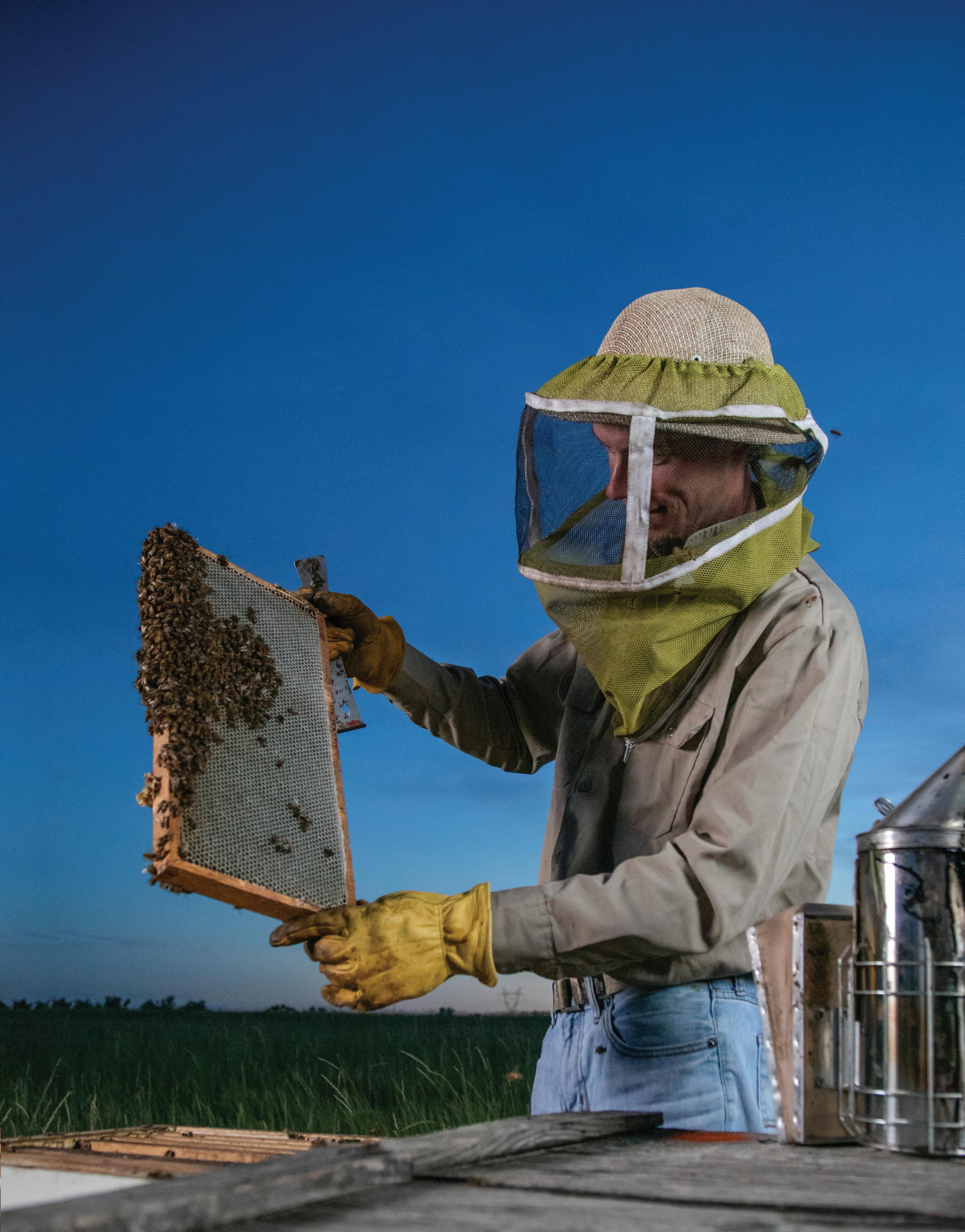
2 minute read
BisManEOF20
STATE REVENUE
BY: RYAN RAUSCHENBERGER,
Advertisement
ND TAX COMMISSIONER
As warm weather returns to the Great Plains, North Dakotans want to venture out and A small saving grace for states and cities is due to the enjoy the beauty and bounty of the state. decision by the U.S. Supreme Court in June 2018, in the The summer of 2020, however, comes with unique and unprecedented challenges, “South Dakota v. Wayfair, Inc.” case. including economic ones. The onset of the COVID-19 impact arrived in February, broadened in March, and resulted in a statewide partial business shut down as workers and customers were expected to shelter at home to help “flatten the curve” to allow medical facilities the time to prepare for a possible surge of illness. The temporary closure of a portion of the retail trade sector has meant a loss of business income, as well as reduced wages and salaries for affected employees.
As businesses now begin to reopen, the uncertainty surrounding COVID-19 continues as do the challenges for the business community and the customers. New safety measures are being put in place, and limitations on the volume of customers allowed in an establishment must be adhered to. Measuring the economic cost of the COVID-19 pandemic is also just beginning. In addition to the businesses themselves, which have faced weeks with limited or no revenue, state and local governments have also suffered the loss of sales tax revenue from these businesses, a significant funding source for government services.
Some North Dakota businesses have experienced a surge in the portion of their business that is conducted online. Online sales have soared throughout the nation — indeed the world — during this time of sheltering at home. A small saving grace for states and cities is due to the decision by the U.S. Supreme Court in June 2018, in the “South Dakota v. Wayfair, Inc.” case. In this case, the U.S. Supreme Court affirmed the ability of the states to require remote online sellers — those businesses that do not have a physical presence in the state — to collect the appropriate amount of sales tax from their online customers and remit the tax to the state.
As a result of the Wayfair decision, the North Dakota Office of State Tax Commissioner began working with remote sellers to register them to collect and remit state and local sales taxes beginning in October 2018. To date, the collection of state and local sales taxes by remote sellers has totaled $57.944 million, with $17.032 million coming in the first four months of 2020. These next several months of collections from remote sellers are likely to be very strong, providing much needed revenue to the state and local governments. In addition to the revenue boost, the Wayfair decision will level the playing field for the brick and mortar stores that no longer are at an immediate competitive disadvantage due to the requirement that they alone must collect sales taxes while their online competition is relieved of that obligation. The timing of the Wayfair decision was an unexpected benefit as no one could predicted the impacts of an unexpected global pandemic.
While we will continue to see the impacts of the COVID-19 precautions over the coming year, factors like Wayfair, the reopening of business, and the return of customers give hope that an economic rebound is on the horizon.



